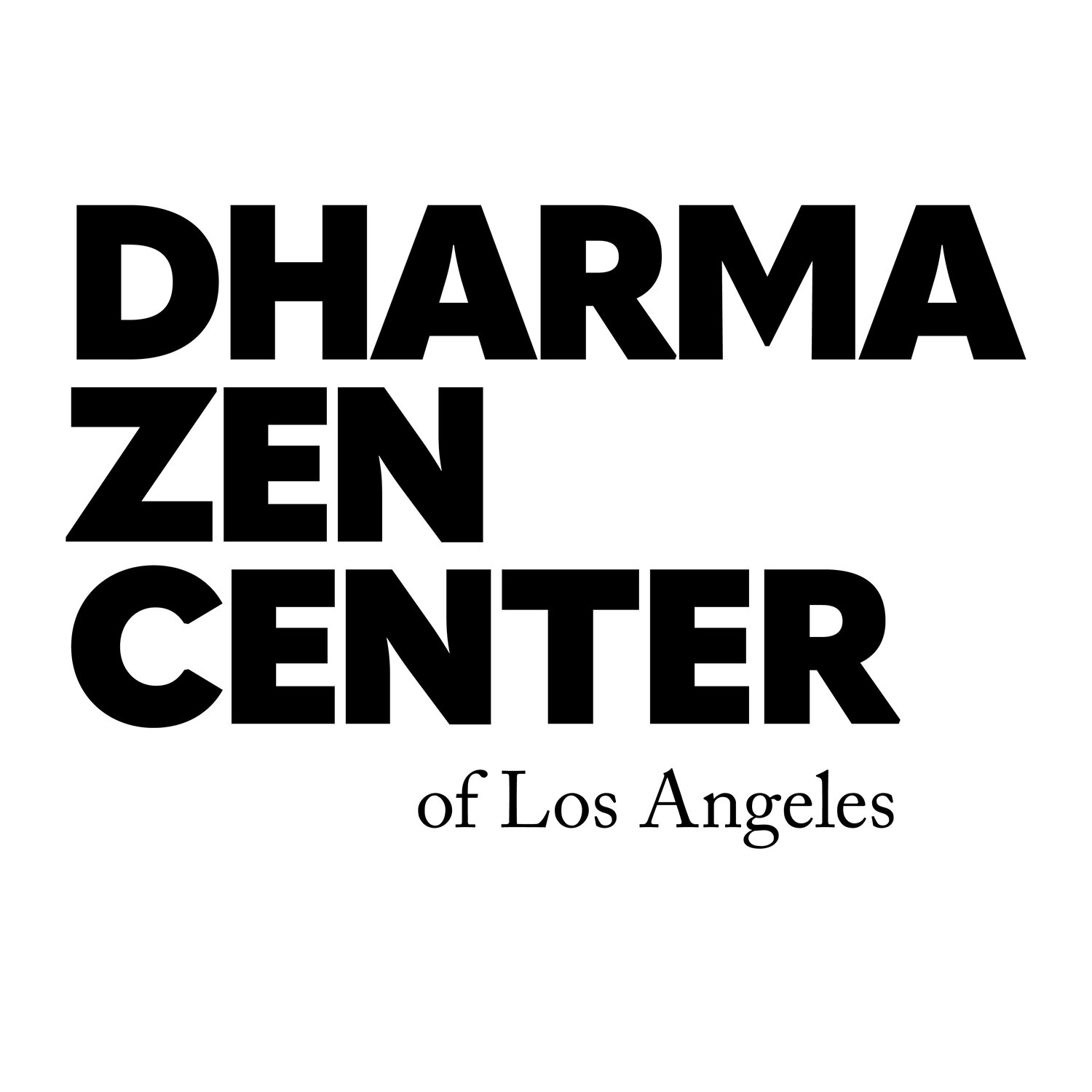The most common explanation about karma is cause and effect. What that means is that whatever happens in our life, whatever we are facing, what we are dealing with, whatever obstacles and hindrances and pain and suffering—whatever we have comes from some primary cause. But if you practice for some time then you see the meaning of karma in a broader way. That means that karma does not define our situation. What’s important is what kind of choices we make.
This is an important point. You cannot make excuses like “that is my karma” because it’s an open situation. What’s important is what you do with your karma, what kind of choices you make. And if you make right choices, then your karma might become your dharma. And then you can get free of your karma. Or at least you can control your karma. It always works in this way. Either karma controls you, or you control your karma. Having a human body means we have some karma. You cannot get rid of it, but you can use it.
—Zen Master Bon Shim, the regional Zen Master of the Kwan Um School of Zen (our parent organization) in Europe

